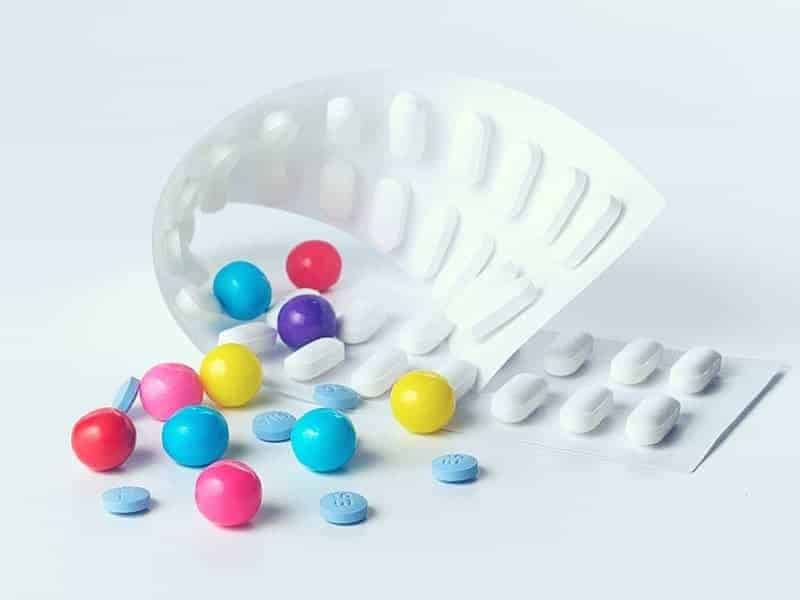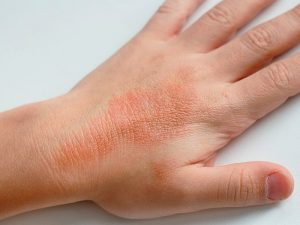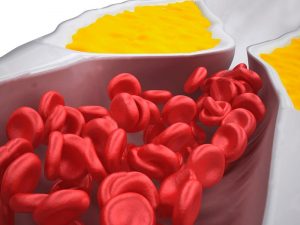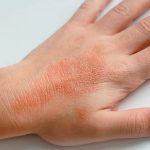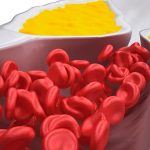Placebos: not just a pill
If you are familiar with the word placebo you might associate it with the pill given in medical studies, but, in fact, a placebo can be a treatment or a substance.
Placebos do not produce any actual effects and initiate a response known as the ‘placebo effect’. The widely used placebo is a pill, usually made of sugar, administered by scientists in a controlled experiment. This is the most common method for testing new drugs: through the use of a placebo substance.
However, integrated treatments are also being studied under the lens of placebo experiments. Acupuncture is an example of a treatment that has used the placebo effect in its research studies. Acupuncture uses needles to treat chronic illnesses, but in some studies needles are placed in the wrong spots or are not placed all the way into the skin. Steven Novella, MD, at Yale University of Medicine, believes that the studies on acupuncture are heavily biased by the researchers and therefore it is mainly a placebo effect.
The Placebo Effects
The popular terminology for the effect placebos have on the body is called the ‘placebo effect’, but in reality there are multiple effects that occur during this process.
Expectations
If you look at studies associated with integrative medicine such as acupuncture, the results are not fully conclusive. Some people argue that the most powerful healing aspect of acupuncture is the expectation effect that comes from a placebo treatment. The idea of expectation is simple: you expect the treatment to work, so you convince yourself it has. This expectation result is not limited to treatment; some people have experienced a false sense of relief simply by visiting a doctor.
Nocebo Effect
Nocebo effects are the exact opposite of placebo effects: a recipient believes that they are taking a strong pharmaceutical and start to exhibit negative side effects to the ‘drug’. Nocebo effects include nervousness, nausea, constipation, and headaches.
Conditioning
Placebos are used in clinical trials for different medications. Inadvertently the pain tolerance of participants in the study can increase through the conditioning effect. Similar to the conditioning effect, they expect the drug to improve their symptoms, so their tolerance for their current symptoms increases.
Remembered Wellness
When people are on medications they may change their everyday habits. Just as yoga can be a complementary treatment for osteoarthritis, placebos can cause people to change their lifestyle. The phenomenon improves some patient illnesses through better self-care: this is referred to as remembered wellness.
Motivation
Timing is a big part of the placebo effect. In cancer patients their illness will have ups and downs that they may relate to the placebo treatment, whether positive or adverse. Some scientists believe that placebos release an endorphin which is a natural painkiller in the body.

